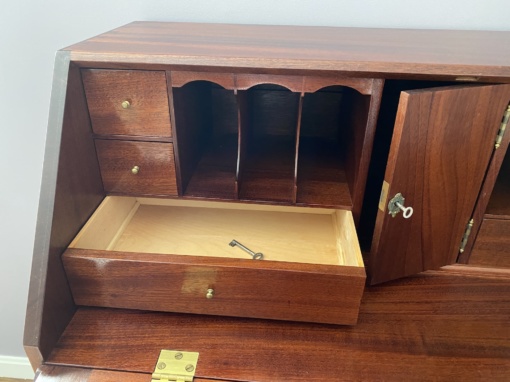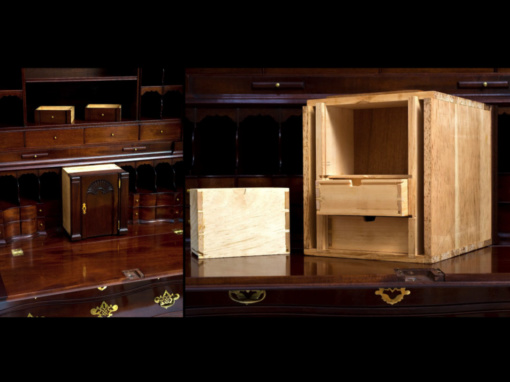Keep these points in mind when you have your HVAC equipment raised or floodproofed:
a) Changes to the plumbing, electrical system, and ventilating ductwork in your house must be done by a licensed contractor, who will ensure that the work is done correctly and according to all applicable codes. This is important for your safety.
b) If you are having your existing furnace or hot water heater repaired or replaced, consider having it relocated at the same time. It will probably be cheaper to combine these projects than to carry them out at different times.
c) Similarly, if you have decided to raise your HVAC equipment, consider upgrading to a more energy-efficient unit at the same time. Upgrading can not only save you money on your heating and cooling bills, it may also make you eligible for a rebate from your utility companies.
d) if you decide to protect your HVAC equipment with a floodwall, remember that you will need enough space in the enclosed area for system repairs and routine maintenance. Also, depend-ing on its height, the wall may have to be equipped with an opening that provides access to the enclosed area. Any opening will have to be equipped with a gate that can be closed to prevent flood waters from entering.



























